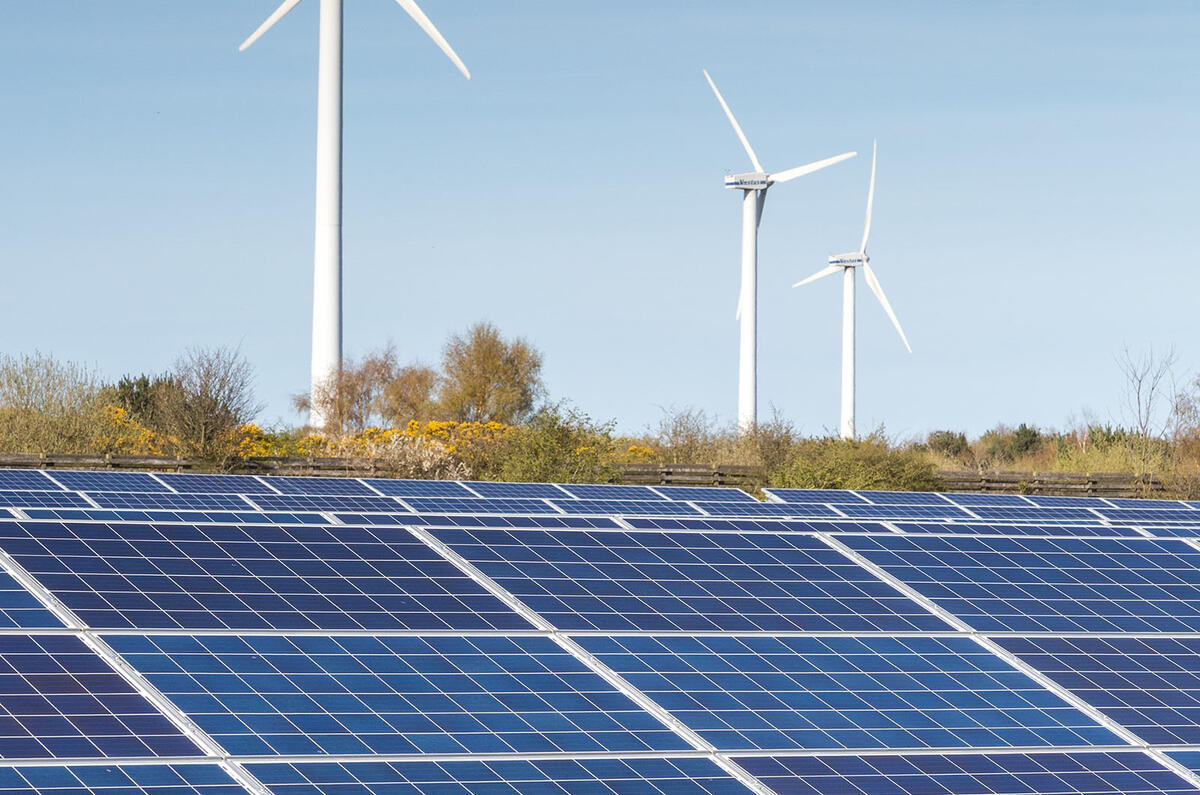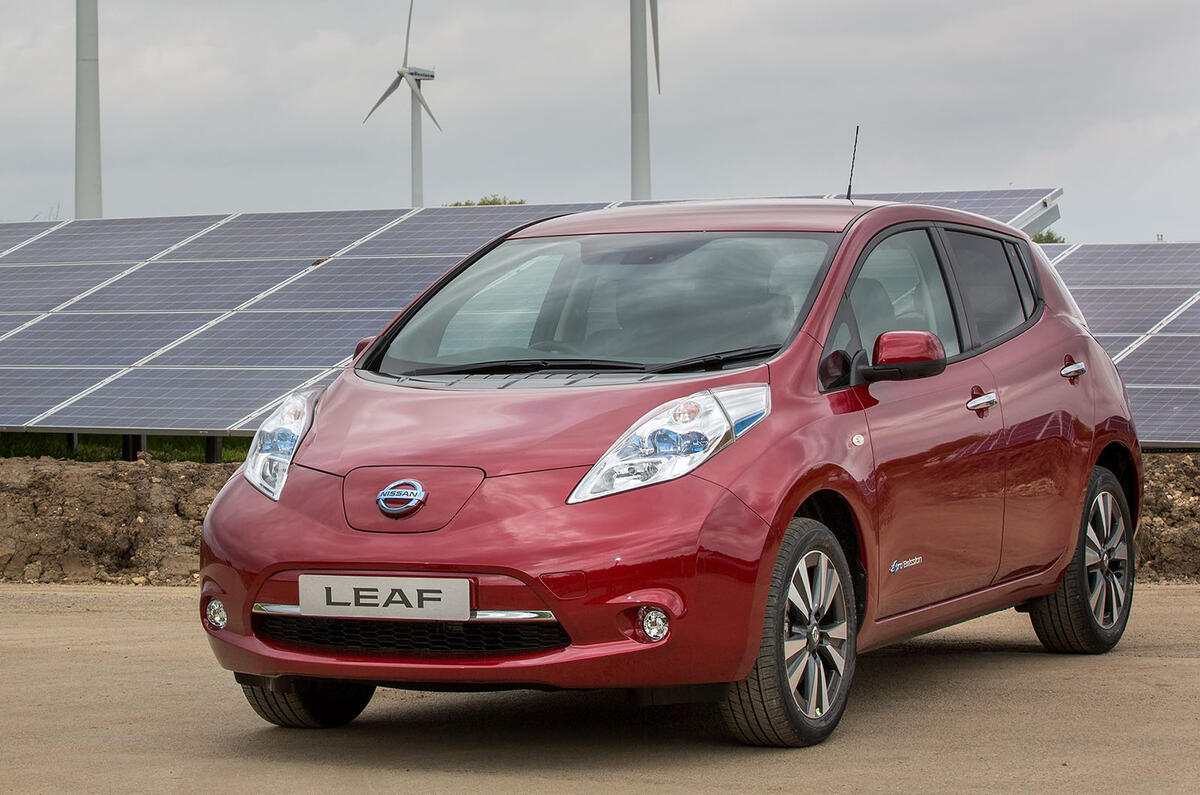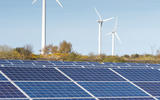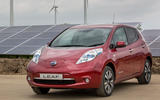Nissan has switched on a solar farm at its Sunderland plant, in its latest bid to create a sustainable future.
Made up of 19,000 individual photovoltaic panels, the facility can produce 4.75MW of electricity. It runs in conjunction with 10 wind turbines at the Sunderland factory, which together, Nissan says, produce enough power to produce more than 31,000 cars each year and save 3000 tonnes of CO2 compared to more conventional power sources.
Alternative power makes up seven percent of the overall electricity supply to the plant.
The factory, which produces the popular Nissan Qashqai and electric Nissan Leaf, produced 476,589 cars last year, which means the new solar farm is capable of producing 6.5% of vehicles built.
Colin Lawther, Nissan’s senior vice president for manufacturing, purchasing and supply chain management in Europe, said renewable energy was fundamental to Nissan’s vision for what it calls Intelligent Mobility.
“We have built over 50,000 Nissan Leafs in Europe, and the industry-leading new 250km-range Leaf is now available. With 10 wind turbines already generating energy for our Sunderland plant, this new solar farm will further reduce the environmental impact of Nissan vehicles during their entire lifecycle,” he said.
The solar farm was devised and built inside Nissan’s test loop at Sunderland by European Energy Voltaics, and all of the electricity generated will be used by Nissan.
The brand recently announced it will launch a new vehicle-to-grid charging scheme in the UK with its all-electric Leaf that will enable owners to sell extra energy stored in their cars' batteries back to the electricity grid for money.
Phill Tromans







Join the debate
Add your comment
Transportation
... is part of the global supply chain
Car plants are assembly plants. Whether you are shipping raw materials, parts, or finished products there is still transportation required. Globalization is here to stay, but localisation is here too. Hence you can enjoy your British-built Honda, Toyota, Nissan, etc.
Teslas and Leafs
Wind turbine